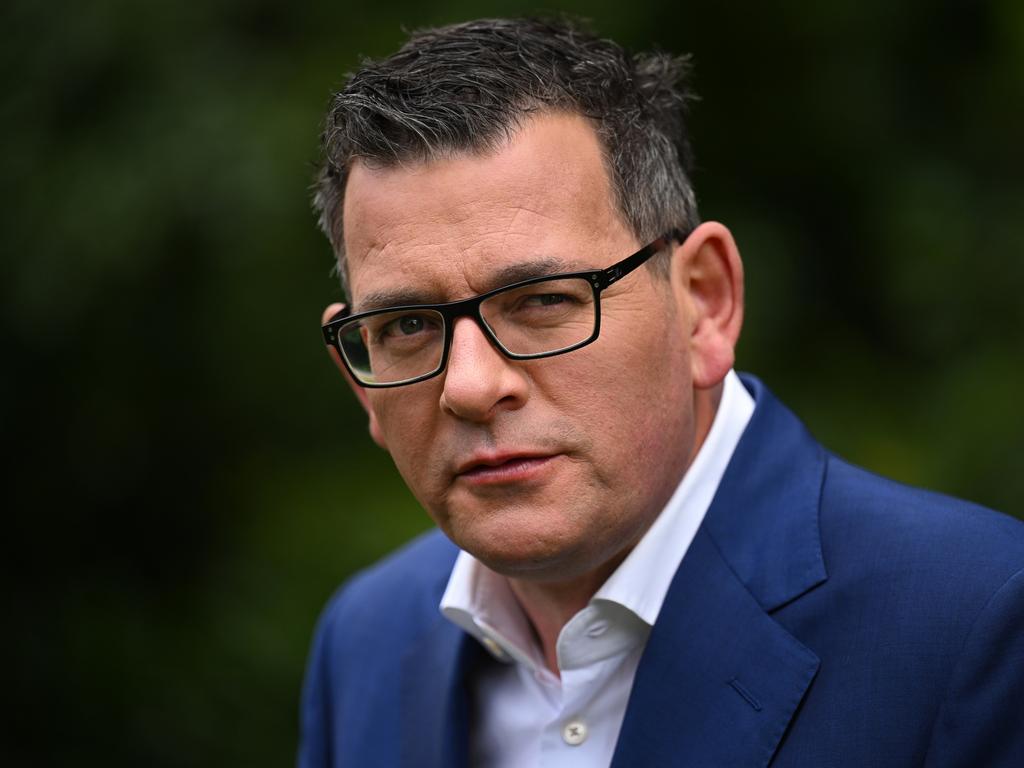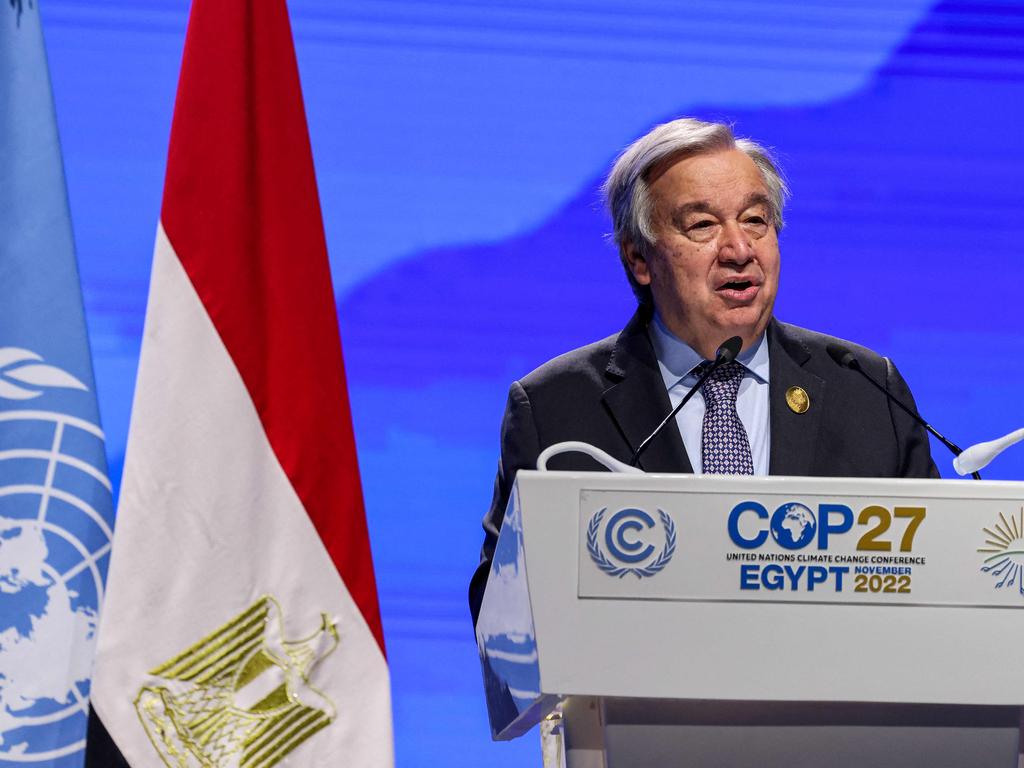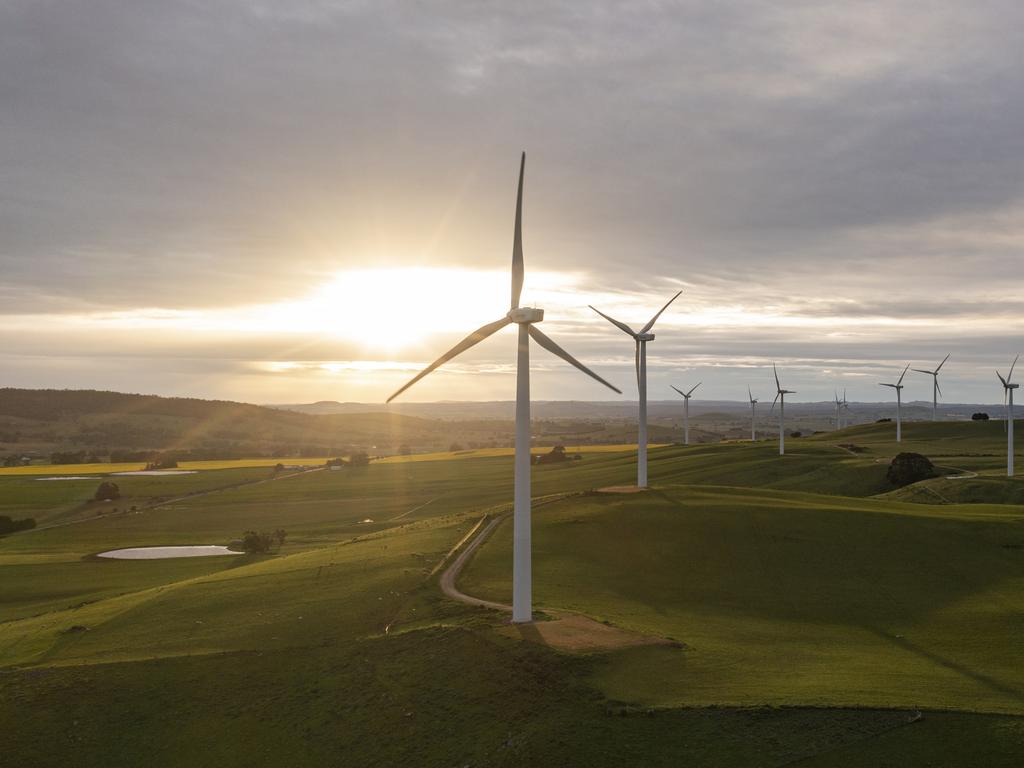Reporting flaws and bias exposed by the politics of power


The Australian and The Australian Financial Review criticised the 12-month cap on domestic gas prices, and the more worrying code of conduct, that will give the government a long-term say on gas prices.
The legislation also includes a package to reduce price rises to customers on benefits.
In the Nine newspapers, Guardian Australia and especially at the ABC, the gas changes were supported by several columnists as smart politics to peg back soaring gas and power prices.
Those quoted in news stories were more likely to be economists than industry experts.
It’s worth remembering that the October budget forecast power price rises of 56 per cent over the next two years, even though Anthony Albanese promised during the election campaign to reduce power bills by $275 a year.
ABC radio and TV hosts, just as hostile to profit and the mining industry as they were in the Rudd-Gillard-Rudd years when they loved the proposed mining super profits tax, clearly believe Albanese’s move will be popular.
Never mind that the laws of supply and demand suggest the best way to keep gas prices down would be for Victoria and NSW to allow new onshore gas projects.
Interviewing Woodside CEO Meg O’Neill on Wednesday, RN Breakfast host Patricia Karvelas seemed perplexed the nation’s biggest gas producer did not support Albanese’s plans.
In her regular segment with Guardian Australia political editor Katharine Murphy the following day, Karvelas did not challenge Murphy’s claim that gas producers were risking their social licence.
Neither journalist mentioned the enormous contribution mining taxes and royalties make to the social projects so dear to the hearts of left-wing journalists.
O’Neill on Wednesday said: “We certainly understand the cost-of-living pressures that many Australians are facing and we would love to work with the government to reduce that … in the energy sector. We are concerned the price controls that are being proposed actually will have the opposite effect by driving supply out of the market place.”

But Karvelas could not get past Woodside’s latest profit rise of 417 per cent. O’Neill said gas was a cyclical business and two years ago Woodside had reported a loss of $4bn. “When prices are up … we are able to pay tax and 47 per cent of our income is returned to government in the form of taxes and royalties. And secondly, we are able to invest and bring new supply online.”
O’Neill was prepared to accept that a price cap of $12 a gigajoule for 12 months would not destroy the gas business. Her real concern, and that of the wider industry, is the associated code of conduct that will allow the Energy Minister to determine prices and supply for as long as the government wants.
This paper’s Robert Gottliebsen on December 13 wrote about the three big mistakes federal Energy Minister Chris Bowen made with the gas package.
Gottliebsen said Bowen broke industry trust by abandoning undertakings about the energy market, made soon after the government’s election. Companies insist the code of conduct is a de facto nationalisation and they were not consulted about it.
“Bowen’s form of nationalisation without compensation has rarely been seen in advanced democracies,” Gottliebsen wrote.
Senior energy market researcher Mark Samter, of MST Marquee, was even more savage: “Who knew Karl Marx was actually alive and well and operating in Australian politics?”
Cynics will say gas market executives would talk their own industry’s book. No doubt many gas companies were able to make profits when prices were below the $12 mark.
Tony Maher, general president of the Mining and Energy Union, made a good point in the AFR last Thursday: “The proposed price caps would impose reasonable prices for the small proportion of Australian liquefied natural gas and thermal coal used for domestic energy. Companies will still make hay from extremely high prices being achieved on the export market.”
Indeed in all the talk about gas, not much has been said about the cap on domestic coal prices at $125 a tonne.
Aaron Patrick in the AFR on Tuesday explained how the coal cap was being structured in a way that could allow the government to pay either power stations or coal companies compensation to keep prices for generators to the $125-a-tonne maximum.

So what is going on? Are Albanese and Treasurer Jim Chalmers – who promised to model their government on the reforming Hawke and Keating governments – actually just old-fashioned Whitlamites wanting the sort of control over prices that former Labor PM Gough Whitlam wanted but failed to win in 1973, in the middle of the global oil price shock?
It’s tempting to say yes, after last month’s industrial relations reforms unwound 40 years of labour market progress to allow virtual pattern bargaining again across industries.
Even more worrying was last week’s capitulation to Greens leader Adam Bandt on the idea of forcing households to move from gas to electricity for domestic use.
The Australian reported on Thursday that to secure the Greens’ support for the gas price cap and compensation package, Bandt announced a deal with the government that “could see households offered concessional loans to switch gas hot water systems, or appliances such as ovens and heaters, to electric alternatives”.
Few in the media saw the flaws: firstly, that electricity prices are forecast to rise more than gas prices, and secondly, gas is in fact cleaner today than most electricity, which is 60 per cent reliant on coal generation.
All this resembles the public policy blunders of the first Rudd government, when ideology blinded an incoming PM to the success of his predecessor’s Pacific Solution. Soon, 50,000 asylum-seekers had arrived by boat and 1200 had drowned.
Bowen was scarred by his time as immigration minister, cleaning up that mess after Gillard ousted Rudd in 2010. Bowen was damaged again by the failure of the franking credits policy he devised – a policy that many believe cost then opposition leader Bill Shorten the unlosable election in 2019.
While it is possible Bowen and Albanese really are silly enough to believe their own rhetoric about renewables always being the cheapest form of energy, it is also possible these are just lines to keep Greens and teal voters onside.
Bowen and Albanese can’t have entirely missed the energy chaos in Europe of the past two years.
This column suspects they have an eye on the 2024-25 election when many in the power industry expect coal plant closures to begin to take a heavy toll on domestic power reliability.
Former Energy Security Board chief Kerry Schott made it clear to this column in February that the domestic grid would need to rely heavily on gas for decades to come.
So Albanese and Bowen are either just as silly as Bandt about gas, or their reforms are an insurance policy for when fossil fuels are inevitably needed again to firm the national grid.
They just can’t admit they are hedging against gas and coal price rises before an inevitable federal intervention in the power market.







Depending on your news source, last week’s gas legislation by the Albanese government was either de facto nationalisation of the industry or perfectly reasonable politics.